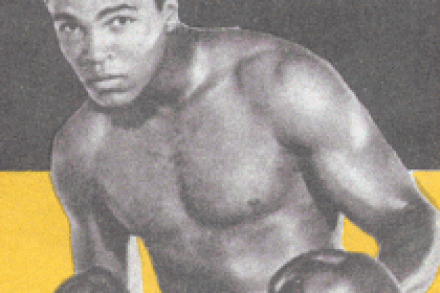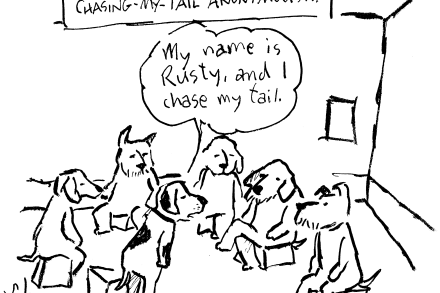‘Yes,’ I said, punching the air. ‘Daddy got the highest score’ — and other triumphs
What are the two words guaranteed to fill any parents of young children with terror? School fees? Chicken Pox? Gina Ford? The answer, I’m afraid, is half term. My daughter, Sasha, only started going to ‘big school’ in September so I wasn’t anticipating too many problems. What I hadn’t factored in is that my wife







